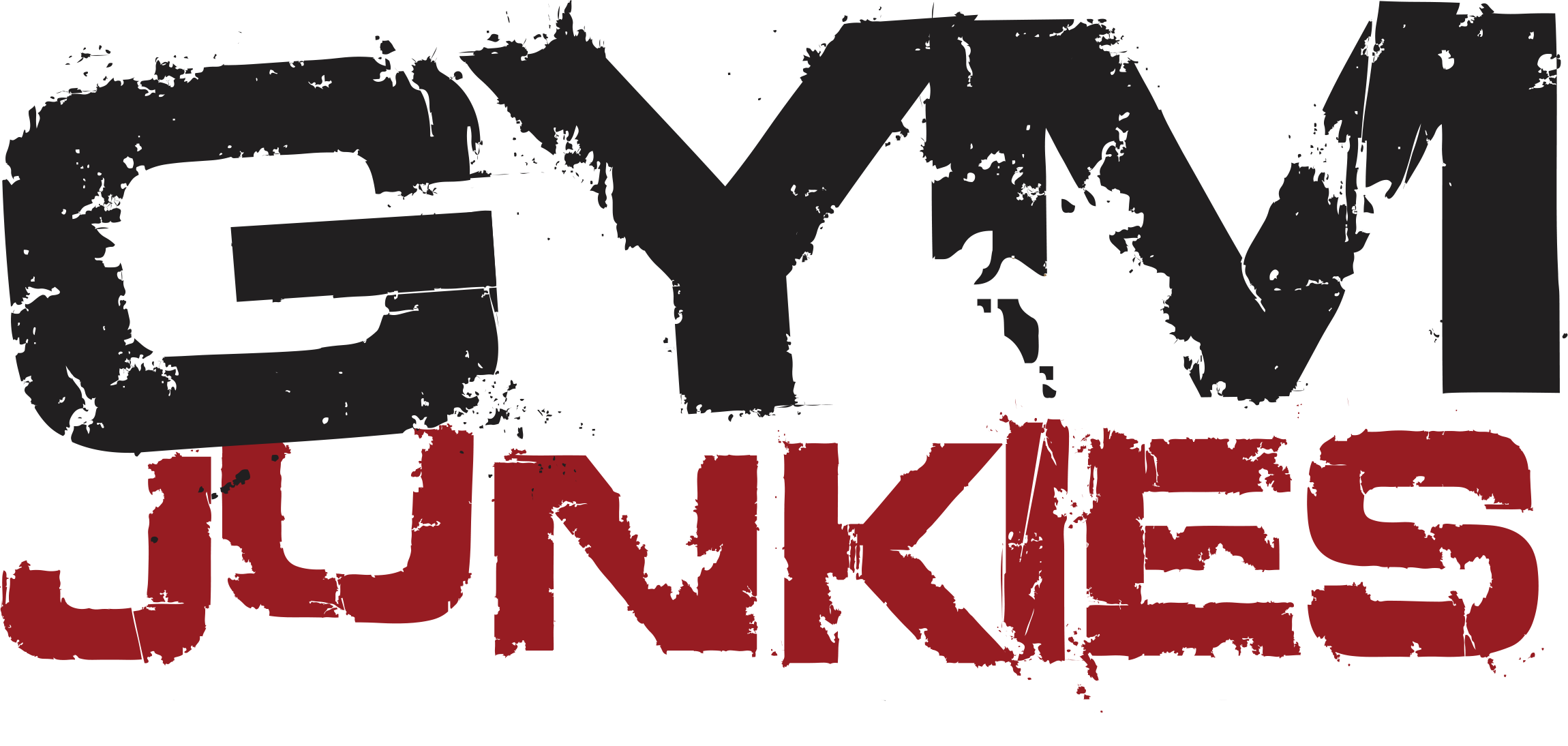
The fitness industry is filled with “bro science” and little truth. Just because flying karate dumbbell presses gave a person ripped abs and wide shoulders, does not mean it will give them to you. This is the logic behind many of these fitness influencers who print similar diet and training plans to many people. Not the actual facts, with programs aligned to each individual. We will dig into 6 common workout mistakes you might be doing, without being aware of it.
1. Exercise Execution
You might have been taught to calculate volume in terms of (Sets x Reps x Weight). Accordingly, keep progressing those variables. This is beneficial in many circumstances, but does not tell the whole story.
Have you asked yourself if you are performing each repetition correctly?
Our muscles do not know how much weight is being held in our hands. They communicate in terms of tension. Execution of the repetitions dictates how much tension we can put on the muscles.
If we do not perform the repetitions efficiently, a lot of other muscles will come into the picture. They will take over for the target muscles. Consequently, resulting in less tension in the muscles we are intending to train.
Therefore, we need to perform more sets and reps with poor execution, to gain the same stimulus good execution would yield.
Not only that, but extra sets and reps will lead to more systemic stress in the body. Thus, leading to unnecessary stress to recover from. Meaning, the amount of time you can stay in a specific training phase is reduced because of the increased necessity to recover.
Also, the benefits you gain from your current workout phase are decreased. Due to the fact your body’s recovery has to compete with the extra stress added from bad execution.
As you can see, it is vital that you put effort into your execution of the exercises you perform. Consult with a personal trainer (who knows his/her stuff), or keep reading our articles and do your own research.
2. Too Much Focus on Execution

We said it is very important to make sure you are doing your repetitions correctly, but not at the expense of effort. Some people go overboard with it. To the point where they are literally doing “light weights.”
Lifting light weights is rarely beneficial if your goal is to build muscle and/or lose fat.
If you are too mentally focused on “squeezing” the muscles, it will affect your ability to create intensity. No matter how great your mental connection is with the muscles, adding weight is necessary to produce a stimulus.
Then, we can also progress in intensity. After learning to execute exercises properly, adding weight becomes a must to increase the stimulus together with the other factors that go into training.
Meaning, weight is a great tool, but it is not the goal to move a maximum amount of weight. The goal is to produce stimuli, adapt and recover.
3. Not Changing Your Workout
When we train, we train for a specific stimulus or various stimuli, which our body then adapts to. However, after a while, our bodies will stop adapting. Either because there is not sufficient stimuli for the body to adapt, or we are not able to recover properly. This is what we call stagnation or plateaus. Likely one of the most common workout mistakes.
Here comes another myth, “shocking” the muscles, which you might have heard of. There is no such thing as shocking our muscles.
Whether we try to increase volume or repetitions, we will not progress much. The reason being, we need to subject the body to a different type of stimulus which it can adapt to. For instance, if you have been doing heavy metabolic training, de-loading with some neurological training is a great idea.
In other words, correct periodization of our workouts are essential to keep progressing.
4. Excessive Use of Volume and Intensifiers
When progress stalls, common workout mistakes include a large increase of volume and exercise intensifiers. The truth is, we see most muscle growth when we have as little stimuli as possible to trigger hypertrophy, together with proper recovery. Not because we should be lazy, but everything needs to be in harmony.
Working against the body only leads to innumerable amounts of problems. We have to work with it to reap as many benefits as possible.
Therefore, hammering away with extra volume, less sets and intensifiers such as drop-sets, super-sets and cluster-sets will do quite the opposite. They have their place and time, but it needs to be planned and strategic.
Doing too much work will only give you more stress to recover from, without any extra muscle gain.
In the same way, more volume than needed to achieve your target stimulus, or what you are able to recover from, can only lead to a decline in progress.
5. Low-Quality Nutrition

The quality of the food and nutrition we consume are crucial. Not only for general health, but also to gain muscle and lose fat. Diet and nutrition has a central role in all the processes that take place when we are going through a body recomposition. Poor nutrition is a common workout mistake among athletes, especially when it comes to vitamins and minerals.
Poor nutrition and supplementation can lead to increased inflammation and stress in our bodies.
Thus, progress in both muscle gain and fat loss decline. This is because our bodies have to put energy into recovering from those stressors as well.
It does not sound fancy or appealing when we say that muscle building must start with the essential nutrients, vitamins and minerals. However, if they are not in place, nothing else you do will work effectively either. By not taking care of that, you will be wasting a lot of time, effort and money.
Making sure you are eating high-quality foods, and having enough of the essential vitamins and minerals is very important. For general health, as well as building muscle and losing fat.
6. Bad Recovery
Most of us know that muscles are not built in the gym, but while we recover. Like we said, in the gym, we train for various stimuli for our bodies to adapt to. These adaptions are an increase in muscle, fat loss or changes in our nervous system.
Most importantly, we must be able to recover from this stress through proper nutrition and rest.
Even though it might sound obvious, sleep is paramount for your workout progress. Training too hard and recovering too poorly is one of the most common workout mistakes. During our sleep, our bodies produce the highest amount of growth hormone during the day. Moreover, detoxes and cleans our liver, as well as the reparation of the nervous system.
These are all important factors if your goal is to build muscle as efficiently as possible.
The truth is very contradictory to what we might see on social media. Maybe not surprising? It is full of train hard, harder and the hardest.
But, people rarely mention that the harder you train, the more you need to recover as well.
Without strategic planning for your workout and nutrition, recovery will be impacted. Thus, your workout progress will stall.
How Long Should I Recover After a Workout?

There is no specific optimal time to recover, because it is very individually dependent. Not only on your genetics, but what kind of workouts you are doing. However, there are variables for you to take note of, as well as guidelines to help you.
Energy Levels
It is perfectly normal to be exhausted after an intense leg workout, but if you feel fatigued for days after, something is off. Sluggishness, irritation and difficulty with concentration will occur if your energy levels are low.
The reasons behind this can be many, but usually it is due to overtraining, lack of nutrition or sleep. Make sure you are eating according to your workout program, and getting enough sleep.
Weakness and Lack of Pumps
When our recovery is off, the pumps you feel in the gym can be affected as well. You will feel less contact with the muscle and simply not as strong. Often, this is due to a lack of nutrition and sleep.
Long-Lasting Soreness
Lastly, make sure you are aware of your soreness. If you often are sore for more than 48 hours in a given muscle, you are either not eating or sleeping enough.
As we said, there is no specific recovery time for a workout. However, there are certain variables such as energy levels, weakness and soreness that you can be aware of. In most cases though, 48-72 hours of rest for each muscle group, should be enough. This depends on how advanced you are, and which stimuli you are trying to achieve.
Conclusion
You can follow the “bro science” and still achieve a good looking body. This is genetically dependent. But this is not what we are interested in. We want to be healthy within and outside, know what we are doing, and keep progressing. In addition, prevent injuries of course. We hope you want that as well. If you do, you must keep the common workout mistakes we talked about in mind. Aimlessly throwing around weights and screaming might look cool on social media, but it is not cool for your progress in the gym. Nor your mental health. Make sure to eat high-quality nutrients, execute your workouts and exercises properly, and sleep enough.
Thank you for reading our article!
– Terry Asher
Terry Asher
Latest posts by Terry Asher (see all)
- Better Family – Product Review Liquid Daily 2 oz - Dec 16, 2024
- Post-Workout Recovery: The Key to Optimal Performance - Nov 25, 2024
- Pre-Workout Supplements – Everything You Need To Know - Nov 18, 2024











Excellent, very well written and accessible article. Alas, I don’t have time for the gym, I try to work out at least at home, but no matter how hard I sweat, progress is still not visible. Maybe things will get better now.
Excellent, easily understandable, and very well-written post. Unfortunately, I don’t have time to go to the gym. I attempt to exercise at least at home, but no matter how much I perspire, no change is shown. Perhaps things will improve now.
I’m trying to workout now. This information is very clearly.
[…] deficit running on only fats. In the same way, having way too many carbs before a neurological workout, can just make you slow and […]
Your article is really very informative. I made some mistakes in my time doing sports. A great chance to me plus it became a great practical knowledge to view this web site. Hard to discover such informative site or perhaps blog.
A fantastic likelihood for me and it also was obviously a fantastic experience to discover this great site. Really hard to uncover these useful internet site or even web site. I have got numerous systems and receiving an idea of all of them labored and have been discovering about this web site.
[…] Source link […]
[…] Source link […]
[…] deficit running on only fats. In the same way, having way too many carbs before a neurological workout, can just make you slow and […]
[…] you do not have a specific way to measure all this progress. And in our fast-paced society, if things do not happen right away, we get impatient. We want […]
[…] you don’t have a precise way to measure all of that progress. And in our fast-paced society, if things don’t happen immediately, we get impatient. We want […]
[…] Source link […]
Right now I’m attempting a workout. This is a really simple explanation.
The way you write is really good. I’m really happy I read it. It kept me interested the whole time
Have you been hitting the gym but not seeing results? Avoid common workout mistakes like improper exercise execution or obsessing over technique to the detriment of intensity. Remember, it’s not just about lifting—try the Wordle Game to see how well you balance form and effort!
To avoid stalling your fitness progress, focus on proper exercise execution—your muscles respond to tension, not just weight. Be wary of overemphasizing form at the expense of intensity; lifting light weights won’t build muscle effectively. Additionally, change your workouts regularly to prevent plateaus. Just like in the Slope Game, where strategy is key to navigating challenges, your workout strategy should include quality nutrition and recovery for optimal results.
Curious about common workout mistakes? This article dives into 6 pitfalls that might be blocking your progress. Avoid these like playing Block Blast—strategize, focus, and level up your fitness game today!
Have you considered the impact of proper exercise execution on muscle tension and growth? Efficient reps are key—less tension leads to less muscle activation. It’s not just about volume (Sets x Reps x Weight)! Ensure you’re not letting other muscles take over with poor execution.